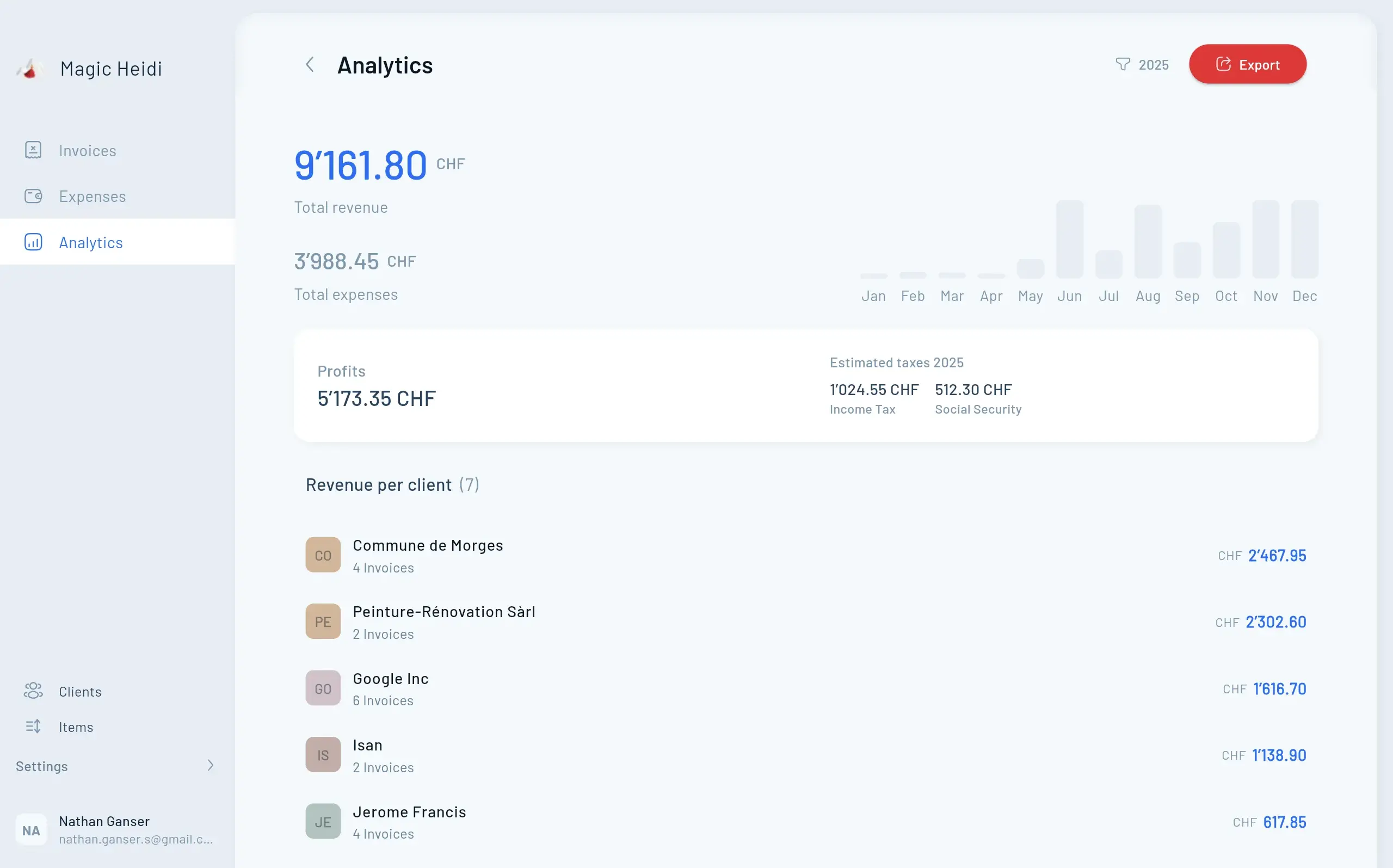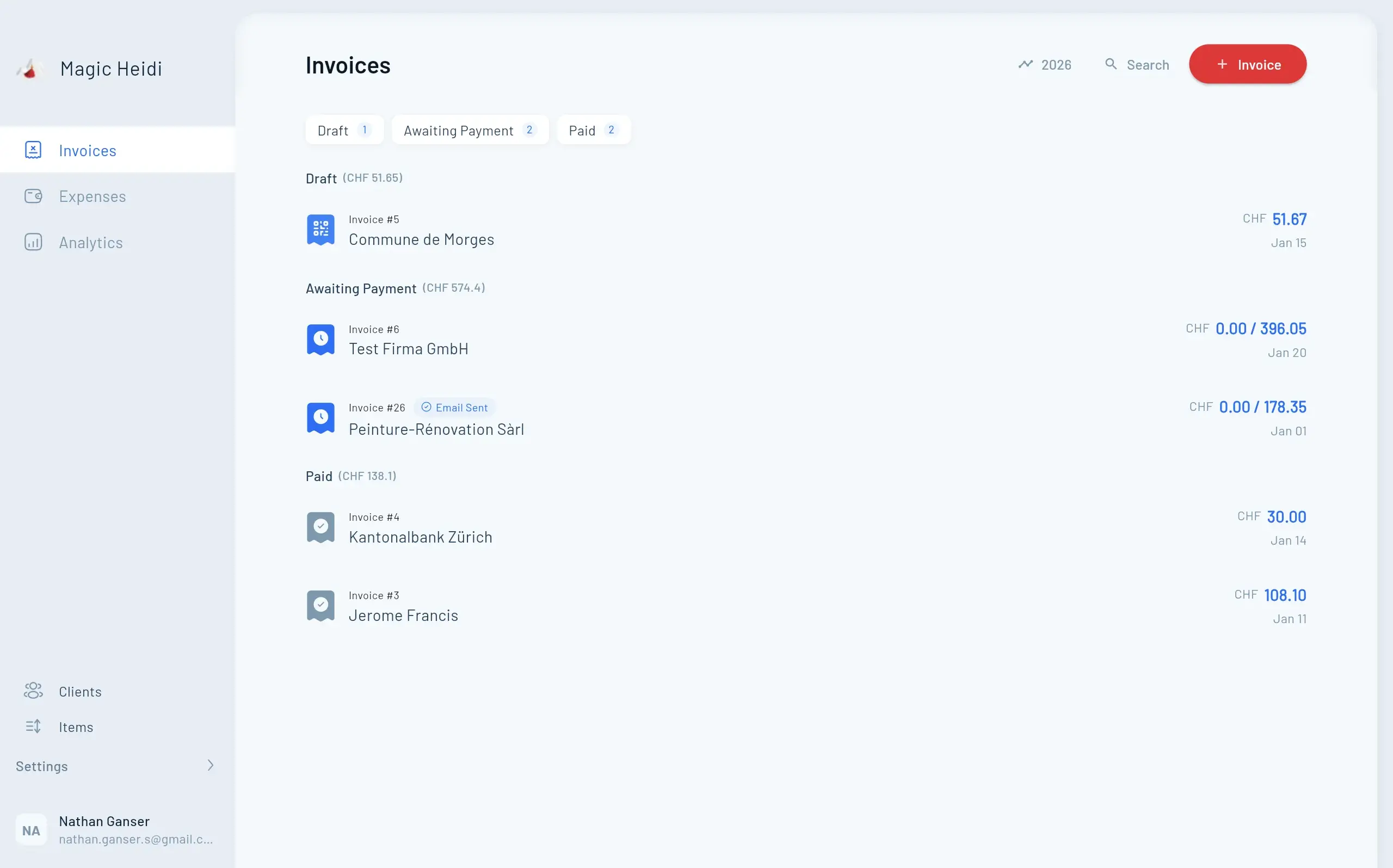Effective January 1, 2025: All VAT-registered businesses must file returns electronically through the ePortal. Paper submissions are no longer accepted.
If you've been filing paper returns, transition now. The ePortal requires:
- A valid email address
- Two-factor authentication setup
- Modern browser (Chrome, Firefox, Safari, or Edge)
First-time users should allow extra time to familiarize themselves with the interface before the first quarterly deadline.
New for 2025: Businesses with annual turnover not exceeding CHF 5,005,000 and a good compliance history can elect to file VAT returns annually instead of quarterly.
Eligibility requirements:
- Clean compliance record (no late filings or penalties in previous year)
- Turnover under CHF 5,005,000 threshold
- Application submitted through ePortal
How it works:
Make instalment payments on May 30, August 30, and November 30. Submit your final annual return reconciling actual VAT by the following February 28th.
Advantages: Significantly reduced administrative burden. Three advance payments instead of four quarterly calculations. Single comprehensive annual return.
Disadvantages: Cash flow impact if you're typically in credit position. Less frequent refunds if you regularly pay more VAT than you collect.
Effective January 1, 2025: If you operate a digital marketplace or platform facilitating sales in Switzerland, you may be deemed the supplier for VAT purposes.
This affects:
- Marketplace platforms (like Etsy, eBay equivalents)
- App stores
- Online booking platforms
- Gig economy platforms
The principle: The platform, not the individual seller, becomes responsible for VAT collection and remittance when facilitating sales to Swiss customers.
Freelancers affected: If you sell services through platforms, clarify who handles VAT obligations. Some platforms now withhold VAT on your behalf, affecting your net income calculations.




